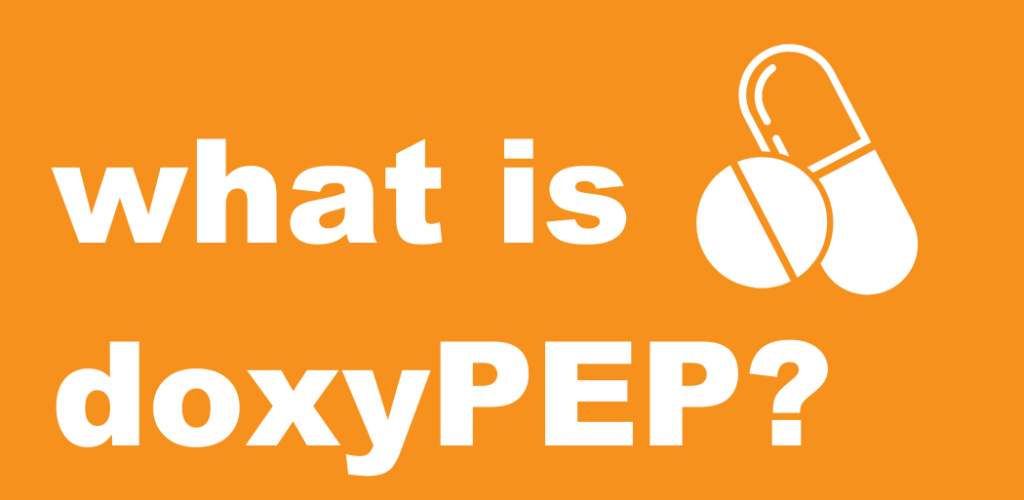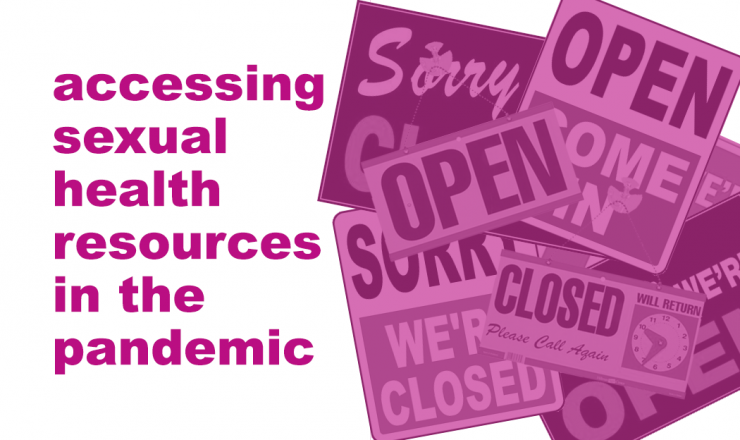
What is DoxyPEP?
By Teen Health Source
STI prevention is a key part of managing your sexual health. Sexually Transmitted Infections (or STIs) are infections that are transmitted sexually, which includes through oral, anal, or vaginal sex, sharing sex toys, and, for STIs like herpes and HPV, skin-to-skin contact.
While STIs are never a welcome surprise, getting tested is the only way to be sure of your STI status and seek treatment when needed. All STIs can be treated and managed, and most can be cured!
To prevent getting STIs in the first place, there are a number of steps you can take, including using condoms and other forms of contraception, getting tested regularly and communicating your sexual health status to your partner(s), and taking preventive medications if you think you may have been exposed to an STI. Currently the only form of preventive medication is an antibiotic called DoxyPEP. DoxyPEP is a medication that is now being used to treat bacterial STIs, such as gonorrhea, chlamydia, and syphilis following likely exposure. You can think of it as a kind of Plan B for STIs. Here’s what you need to know:
What is it?
- Doxy stands for doxycycline and PEP stands for Post Exposure Prophylaxis, which means a medication taken after exposure
- Doxycycline or DoxyPEP is an antibiotic that can be prescribed to treat conditions such as acne, malaria, and other bacterial infections such as sexually transmitted infections
- DoxyPEP can be taken after you think you might have been exposed to the following STIs: gonorrhea, chlamydia, and syphilis; these are also some of the most common STIs in Canada
- DoxyPEP can reduce the risk of getting certain STIs by 67%
Who is it for?
- Currently, DoxyPEP is recommended for men who have sex with men, and trans women
When do you take it?
- When used for STI prevention, DoxyPEP is taken after potential STI exposure
- DoxyPEP should be taken between 24 and 72 hours after having unprotected (condomless) anal, vaginal, or oral sex
- The medication shouldn’t be taken any later than 72 hours
How is it taken?
- DoxyPEP is taken orally and the recommended dose is 200mg, usually given as two 100mg pills
Are there any side effects?
- Given the low dosage, the side effects are mild, but may include an upset stomach and diarrhea
- Other side effects may include photosensitivity (sensitivity to light) and esophageal irritation (a sore throat)
- DoxyPEP should not be taken by people who are pregnant
How can you access it in Ontario?
- Currently, the medication is only available off label, meaning you need to talk to your doctor or healthcare provider to access a prescription
- Doxy is covered under the Ontario Drug Benefit program, which includes OHIP+ for youth 24 and under
Should you still get tested?
- Even if you take DoxyPEP, getting regularly tested for STIs is always a good idea to ensure both you and your sexual partner(s) are safe
Resources:
If you have questions about this topic, feel free to contact one of our peer educators. [Link]
Last Updated: December 2023
-

The fabulous folks at SOY H.E.A.T. have created some brand new videos to help folks talk about Allyship, Intersectionality, and Pronouns!
-

This post rounds up a few of the most frequently asked questions we’ve been getting since the start of the pandemic. If you have a question that’s not here, please ask!
-

What’s up with withdrawal? People often feel guilty or nervous when they use it as a method of birth control, but does it actually work?




